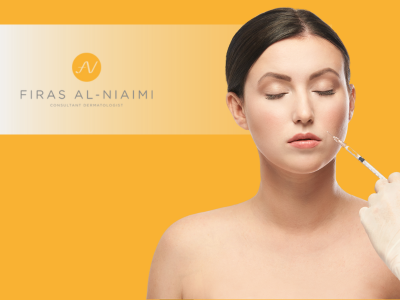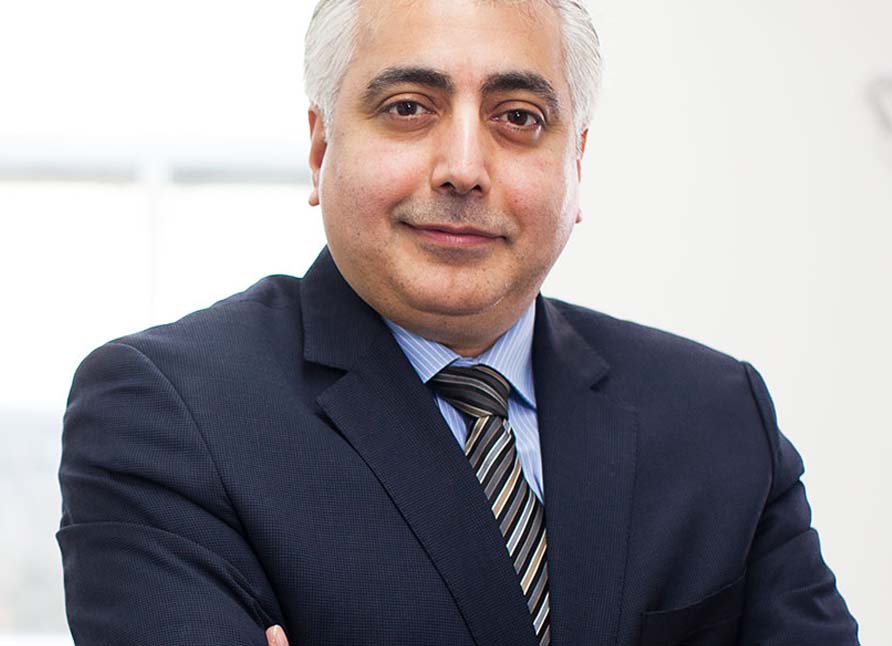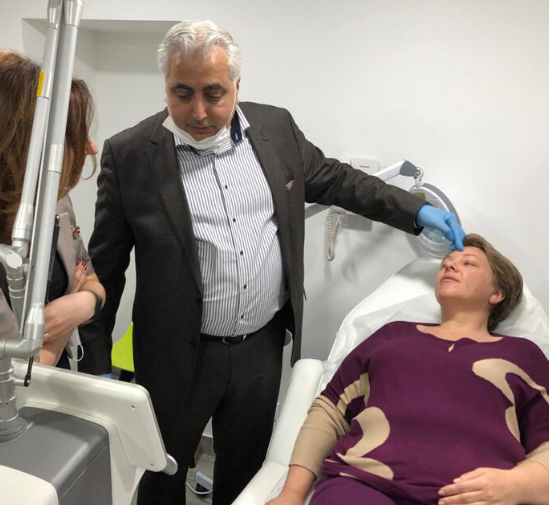 5th September 2023
5th September 2023
Government Launches Consultation To Regulate Non-Surgical Cosmetic Procedures
In a groundbreaking move, the UK government has just initiated a consultation process to overhaul the regulation of non-surgical cosmetic procedures. This momentous development aims to address the growing concerns surrounding the safety and quality of treatments such as anti-wrinkle injections, dermal fillers, and laser hair removal. As a world-leading dermatologist, Dr Firas Al-Niaimi has always emphasised the significance of seeking aesthetic treatments from registered, trained and experienced practitioners like himself. Now, with the government’s commitment to improving the industry’s standards, let’s explore the implications of this consultation and what it means for both patients and practitioners.
The Current Landscape
The recent press release from the Department of Health and Social Care and Maria Caulfield MP highlights the urgent need for tighter regulations for non-surgical cosmetic procedures and the industry as a whole. An alarming number of individuals have reported ‘botched’ procedures, raising concerns about the competence and qualifications of practitioners performing these treatments. The government’s first-ever consultation on this matter signifies a crucial step toward rectifying these issues and safeguarding the interests of patients. This scheme is poised to redefine the standards of practice within the industry, ensuring that practitioners adhere to strict guidelines to protect patients from potential harm.
Proposed Regulations For Non-Surgical Cosmetic Procedures
The consultation proposes a range of measures to enhance the safety and quality of non-surgical cosmetic procedures. These include restrictions on who can perform high-risk treatments and the consideration of age limits for certain procedures. For instance, procedures involving intimate parts of the body, such as the breasts and buttocks, will face greater scrutiny to mitigate potential risks. These measures underscore the government’s dedication to setting uniform standards for the industry.
The non-surgical cosmetic industry is a significant contributor to the UK economy, with a market value estimated at £3.6 billion. While it is vital to protect patients, these regulations also aim to support businesses. Implementing high standards across the sector will boost the industry’s reputation and professionalism, fostering a competitive yet safe environment for practitioners.
Maria Caulfield, the Minister for the Women’s Health Strategy, acknowledges the rising popularity of cosmetic procedures. However, she also recognises the growing number of complaints from individuals who have had unsatisfactory experiences due to inexperienced or underqualified practitioners. Her commitment to creating consistent standards for consumers reflects the government’s determination to ensure that all individuals receive safe and effective treatments.
The Role of Accredited Registers
Accredited registers, such as Save Face and the Joint Council for Cosmetic Practitioners, have been at the forefront of advocating for improved regulations for cosmetic procedures and the wider cosmetic industry. These organisations have been invited by the government to contribute their expertise and insights to shape the consultation process. Their involvement highlights the importance of collaboration between regulatory bodies, practitioners, and policymakers to develop a regulatory framework that prioritises public safety.
The British Beauty Council has played a pivotal role in elevating the reputation of the beauty industry. Their collaboration with the government to ban injectables for under 18s in 2021 demonstrates their commitment to safeguarding consumers. As the government takes further steps to introduce a comprehensive licensing scheme, the British Beauty Council stands ready to support the process and ensure that practitioners meet government-approved educational standards.
Setting A Global Example
The launch of the government’s consultation into unregulated cosmetic procedures marks a significant turning point in the non-surgical cosmetic industry. Dr. Firas Al-Niaimi’s dedication to patient safety and his advocacy for stringent regulations align with the government’s vision to establish consistent standards across the sector. As the consultation progresses, it offers a beacon of hope for individuals seeking non-surgical treatments. They can look forward to a future where their treatments are not only accessible but also safe and performed by qualified, insured, and reputable practitioners.
In the spirit of progress, the consultation invites individuals and businesses to share their views, ensuring that the regulations developed truly reflect the needs and concerns of all stakeholders. Together, we can shape an aesthetic industry that prioritises safety, quality and the well-being of patients, setting a global example for responsible and ethical non-surgical cosmetic practices.
Back to blog





